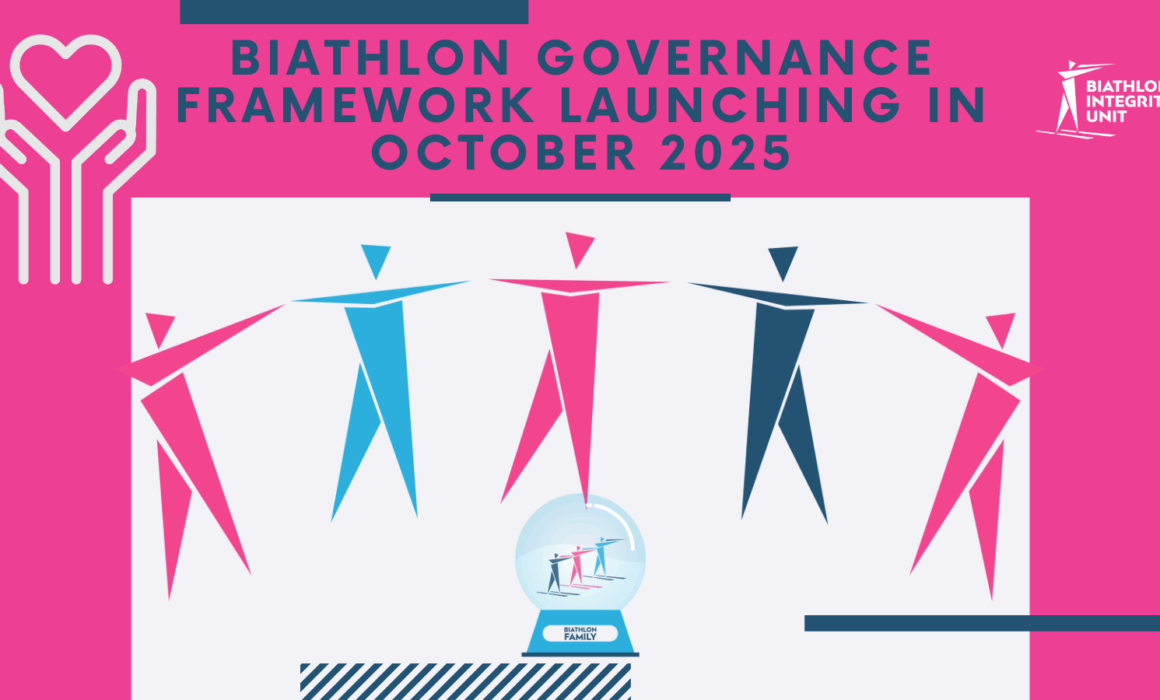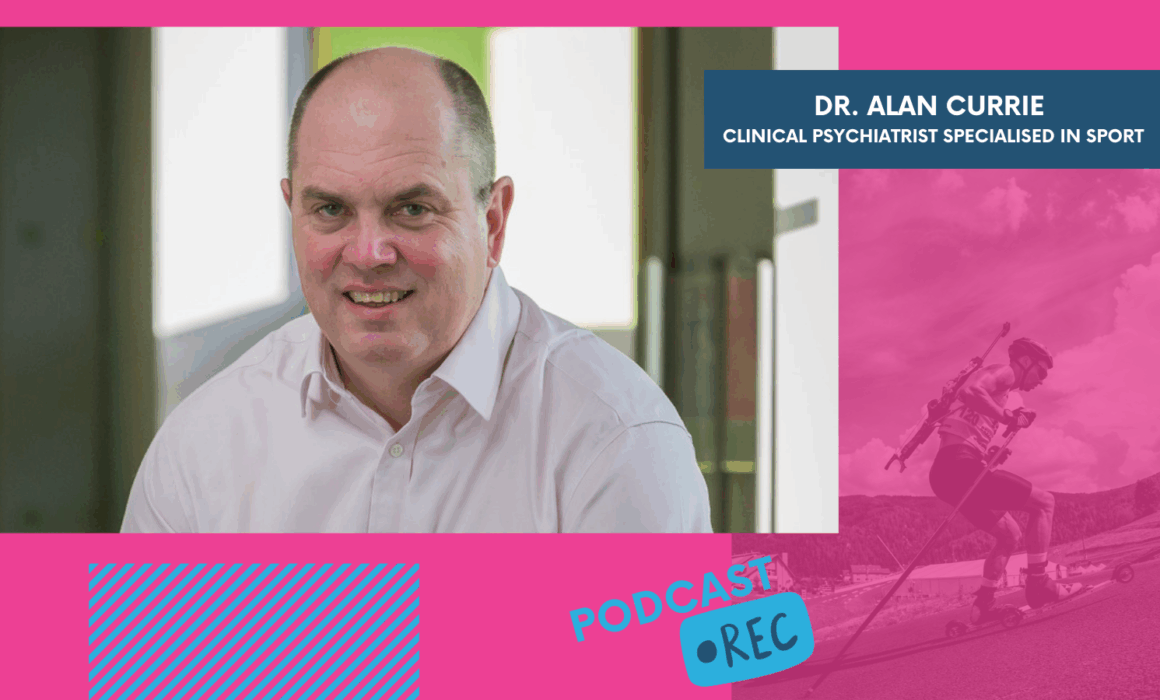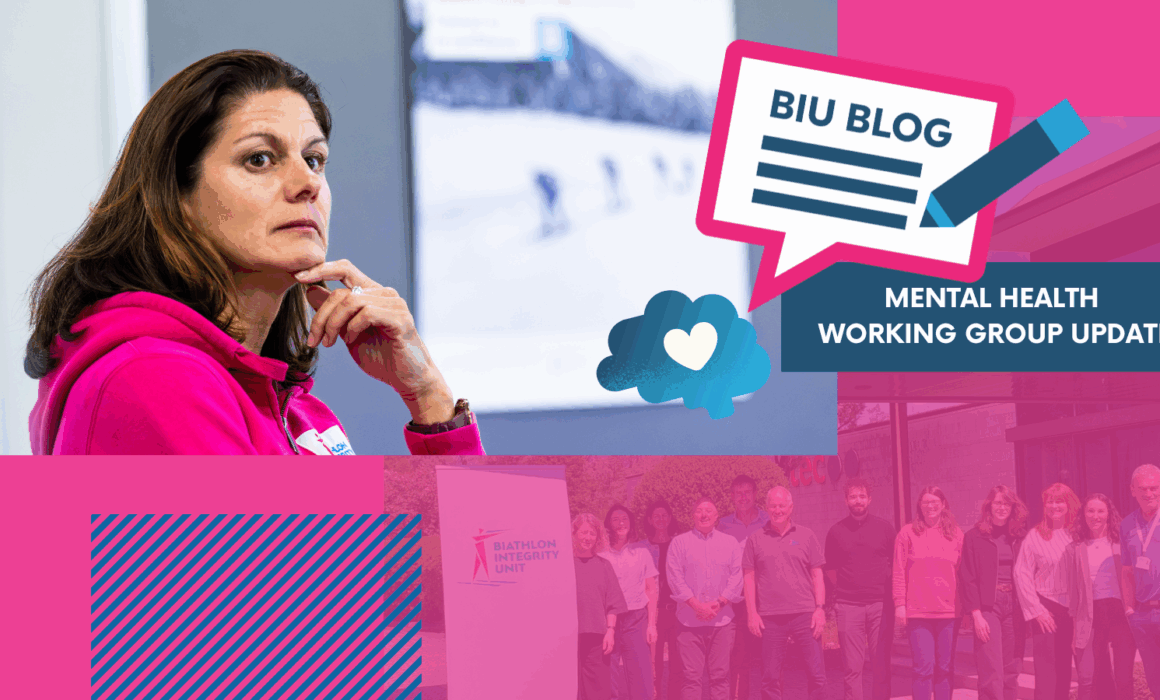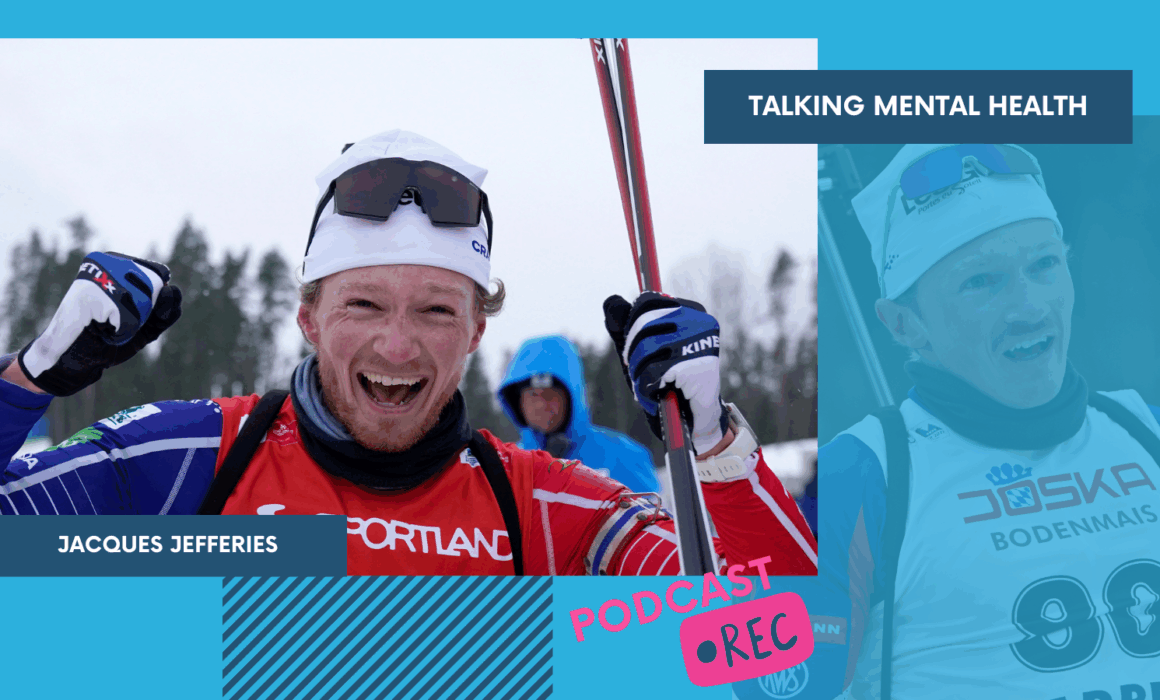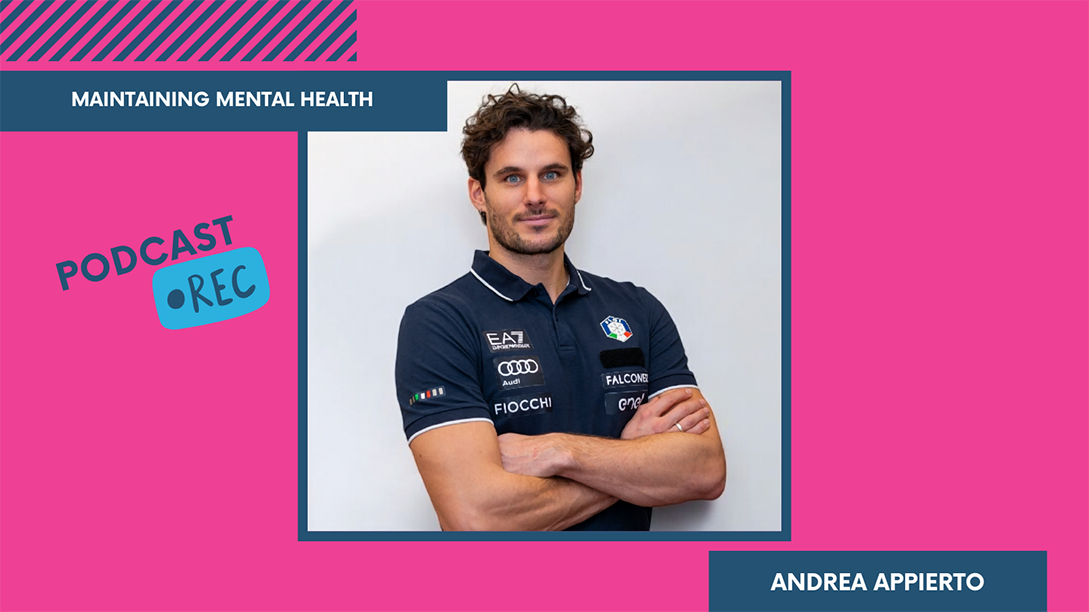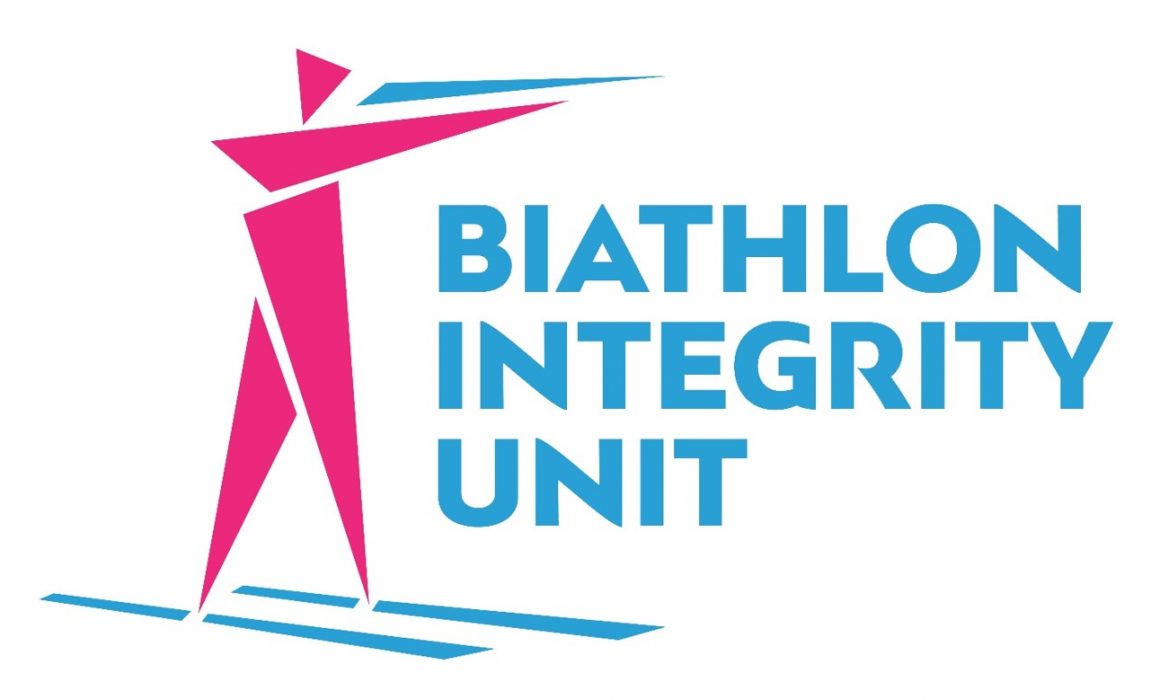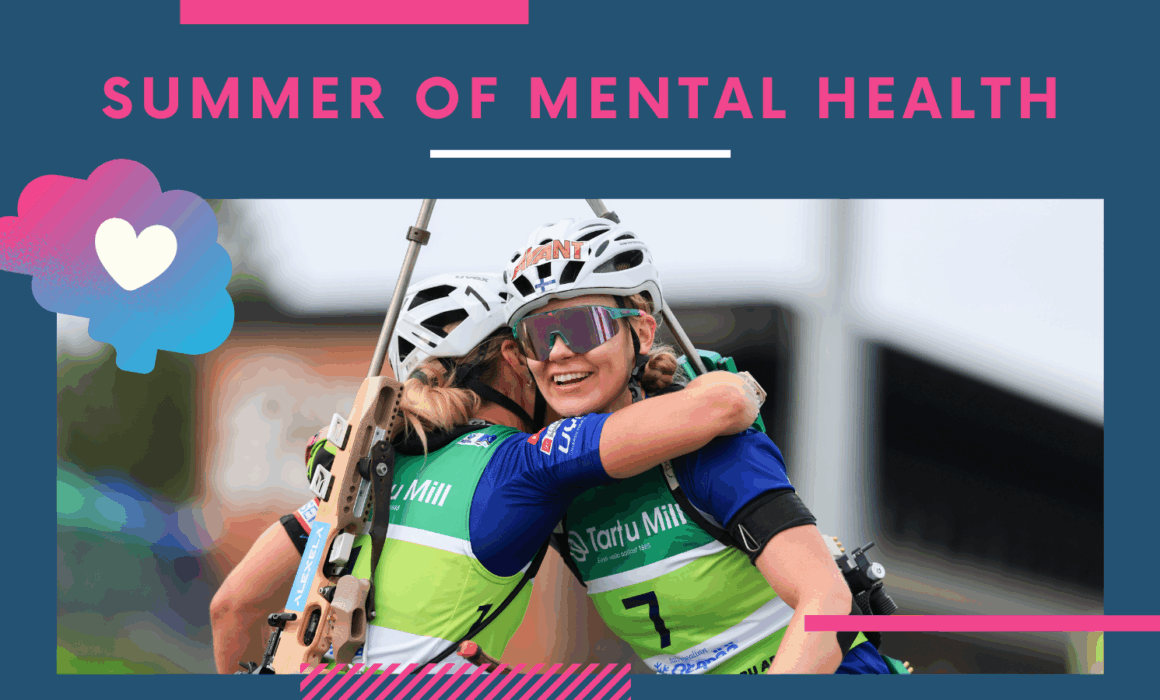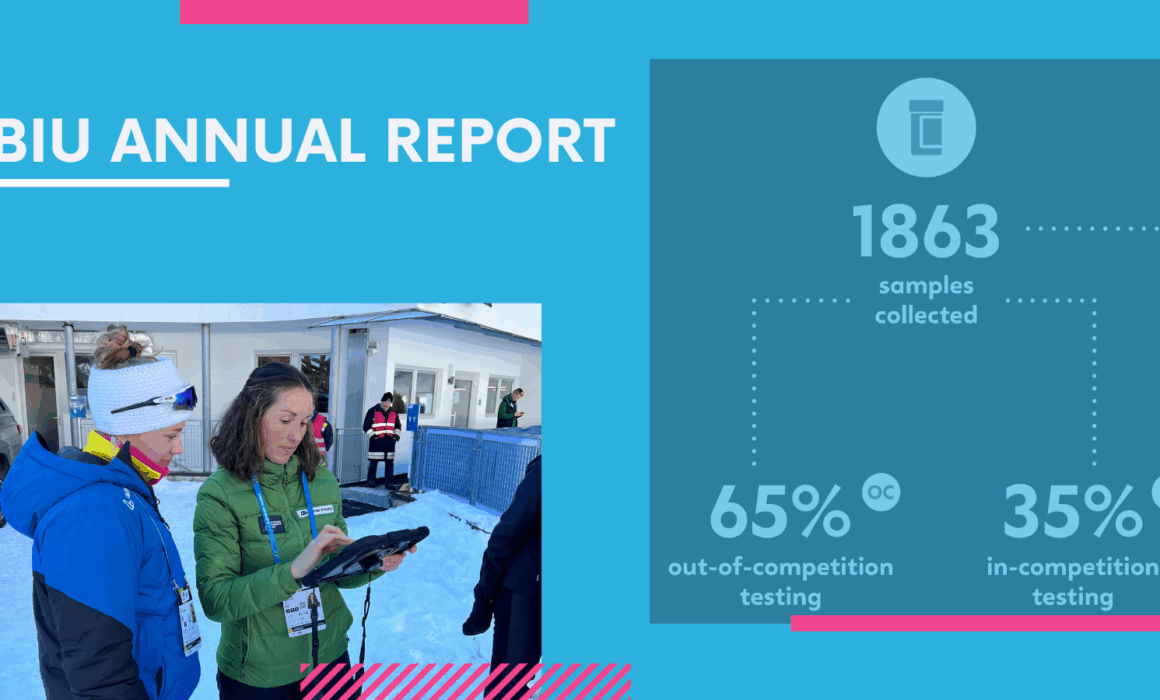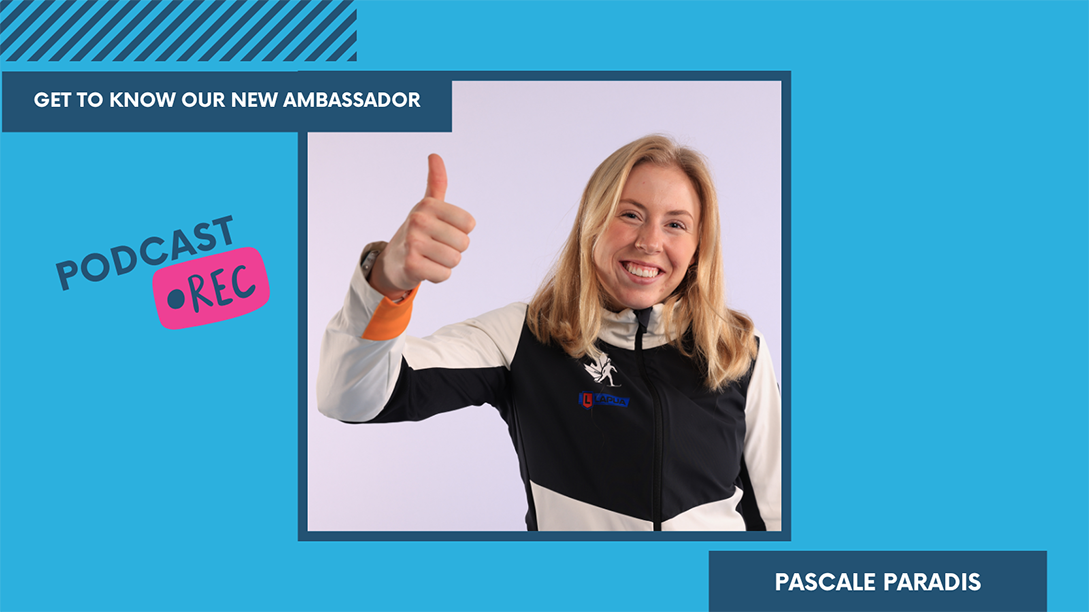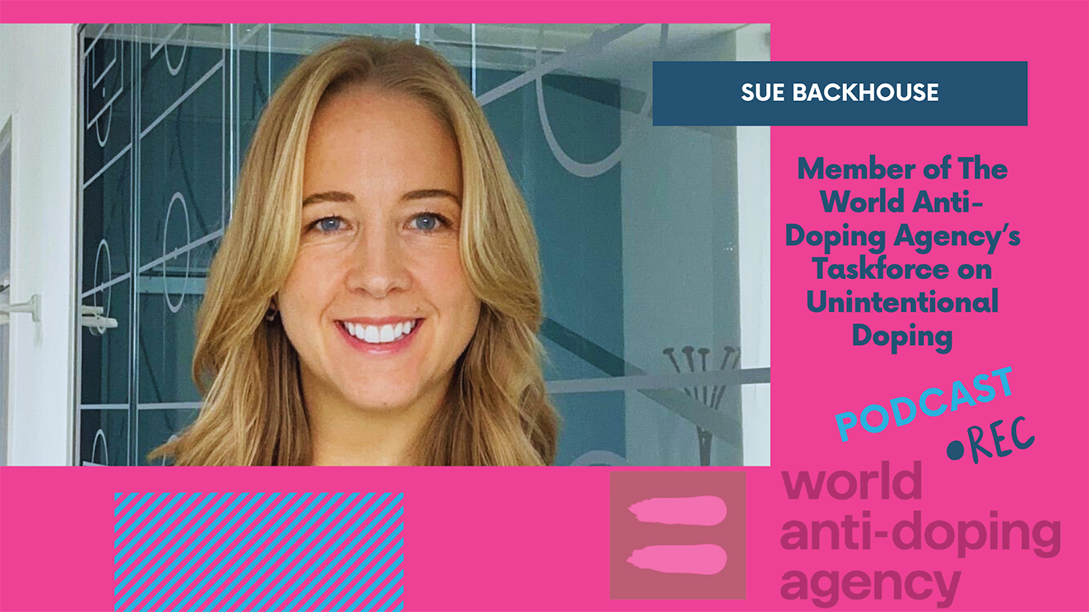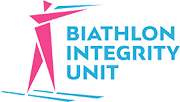Biathlon Governance Framework to Launch in October 2025
A new Biathlon Governance Framework is to be launched to all National Federations (NFs) by the IBU, in collaboration with the Biathlon Integrity Unit, in October 2025.
The Governance Framework is a set of governance requirements for all NFs that aims to raise governance standards across biathlon. The process will begin with all NFs being asked to complete an initial assessment of their current governance practices with the full support of the BIU and IBU.
The creation of the Framework has been led by a Governance Working Group, with NF and athlete representatives providing expertise and feedback. A pilot exercise involved a small number of NFs completing the Framework and providing feedback on the process.
The 2025 Governance Framework assessment comprises four sections: NF Information; Safeguarding; Dispute Resolution; and Financial Transparency. Responses will be collected via IBU Scope.
Kalle Lähdesmäki, a former President of the Finnish Biathlon Association and a member of the Governance Consultation Working Group, said: “We need to include transparency and good governance in the Federations so that these come into the process. This is the new way of culture.”
Anastasia Merkushyna, a Ukrainian biathlete who is also a member of the Governance Consultation Working Group, added: “This document sets out the regulatory framework for the operation of sports federations, ensures the implementation of recognized best practices, and offers athletes a clear and consistent basis for decision-making in situations of uncertainty.”
All NFs will receive an email at the start of October with further information about how to complete their submission for the Biathlon Governance Framework.
If you have any questions about the BIU’s National Federation governance work, please contact BIU Governance Coordinator Julia Cook at [email protected]

